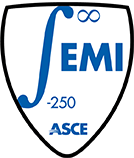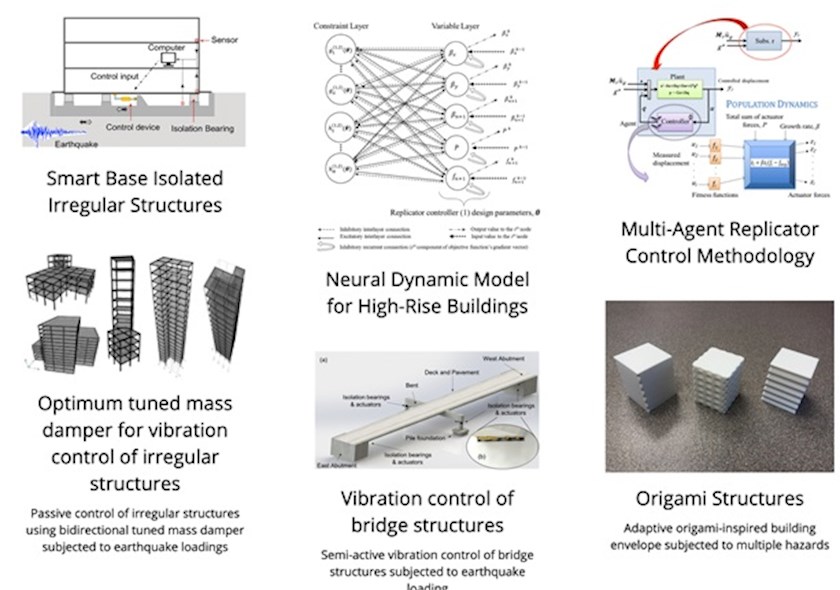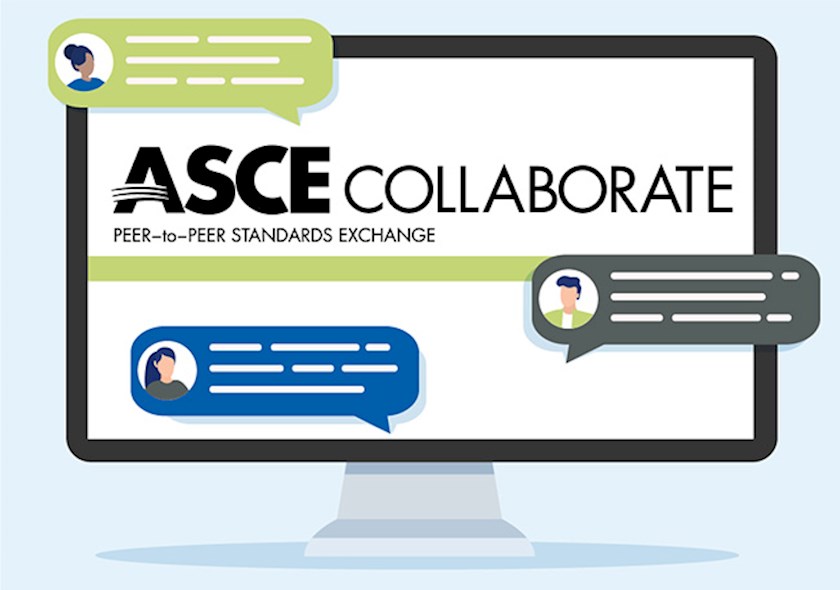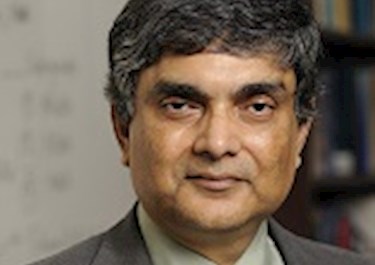
Engineering Mechanics Institute (EMI)
Created on October 1, 2007, the Engineering Mechanics Institute (EMI) replaces the former ASCE Engineering Mechanics Division.
EMI is the premier interdisciplinary organization of engineering mechanics that promotes research and the application of scientific and mathematical principles to address existing and emerging engineering and societal issues.
New and notable
Our group strives to understand the inner workings of granular materials, rocks, and concrete subjected to static and dynamic mechanical loads.
Four Manuals of Practice (MOP), edited by Mohammed M. Ettouney, Ph.D., P.E., which contain useful information for the average engineer in his or her everyday work.
RSS iMechanica
- PhD course - "Probability-Informed Wind Engineering against Synoptic and Non-Synoptic Wind Hazards", Prof. Luca Caracoglia (UniGe Visiting Prof)
- Post-Doctoral Position in Biomechanics, Boston University
- Data-Driven State of Health Estimation for Lithium-Ion Batteries Based on Universal Feature Selection
- PhD position in Biomechanics
- Postdoctoral Associate- Nanoscale Mechanics
- PhD and postdoc positions at Birmingham, UK
- Commercial Tools on Digital Photoelasticity Developed in an Academic Environment
- USNC/TAM Distinguished Lecture by John Rogers and 2022 Newsletter
- Purdue Composites Manufacturing and Simulation Center is Hiring
- Electro-Chemo-Mechanical Challenges and Perspective in Lithium Metal Batteries

EMI President's Message
Read
Design of Resilient, Engineered, Autonomous, and Multifunctional (DREAM) structures
Soto Structures Research Lab, University of Kentucky
Multiple natural hazards pose a significant threat to critical infrastructure in many parts of the world that directly affect people's lives. The protection of the built environment from natural hazards is a critical and complex issue facing civil engineers.
About EMI

Peer-to-Peer Standards Exchange Forum
Come join the discussion about ASCE Standards! The Peer-to-Peer Standards Exchange is a new ASCE Collaborate forum to discuss technical issues about ASCE standards. Dive into your technical area with questions and issues with your community. Members can ask and answer questions. Nonmembers will have view-only capability.





